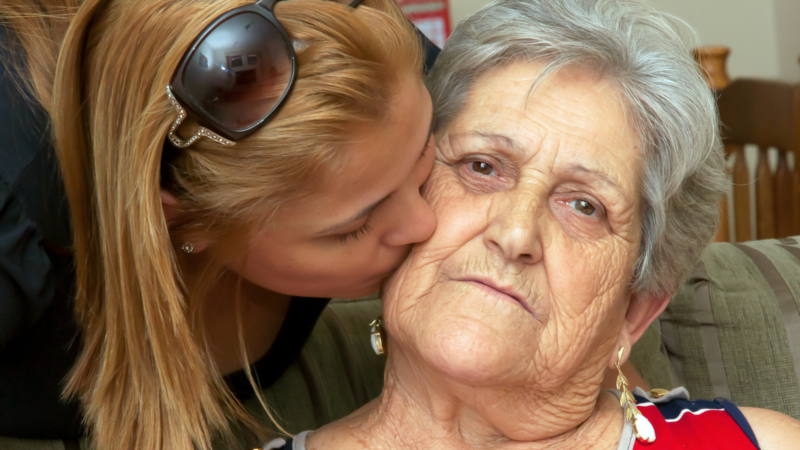There is no set time or age to move into residential aged care. The right time may not be easy to recognise, and each situation is different.
But, in general, the longer an older person can remain at home, the better. This is so they can remain independent for as long as possible before needing the care and support of residential aged care.
Take a moment to ask yourself, “Is my Mum or Dad able to look after themselves properly in their own home?”
By properly we mean taking care of daily needs such as washing, shopping for and preparing meals (so as to not become malnourished), and remembering when to take medications and managing chronic diseases if applicable (for instance diabetes or kidney disease).
Safety & wellbeing
If the home care your Mum or Dad receives – in the form of home and community care (HACC), support from friends and family and/or a home care package (HCP) – no longer meets their support requirements, the move to residential aged care is a reasonable next step to consider to maintain their safety and wellbeing.
According to the Department of Health and Ageing, the lifetime probability of being admitted into aged care is 20 per cent – that’s one in five people.
It is important to acknowledge there is often a fear among the elderly, and of their children, of going into residential aged care. They fear of the loss of independence, loss of identity, loss of control that comes with communal living; they fear mistreatment and may have a fear of living with people with dementia. These are all important issues that must be recognised and addressed before moving into a residential aged care facility.
Relocation stress syndrome is the anguish that an older person may experience as they transition into aged care. They may experience feelings such as anxiety, confusion, hopelessness, depression and loneliness.
Routine & habits
To make this transition less stressful, the person needs to be included in the decision-making process. Once a residential aged care facility has been chosen, then they need to be included in what they will take with them and what they will give away to other family members.

It can be helpful to make their new home feel familiar with familiar objects. Also, maintaining their usual routine and habits can help with settling in and maintaining a sense of normality. Continuing relationships with the same people as much as possible is also important to help keep them connected to their friends and family.
My 97-year-old client (let’s call her Jo) felt insecure in her home and knew it was time to move into residential aged care. When she was ready to make the change, it was her decision with the support of her family.
She liked the idea of the assurance that someone was available 24/7 as she was fearful of falling and being left lying on the floor for hours without assistance. She spent three weeks of respite in the chosen aged care facility first and then, with the help of her family, she chose which possessions she wanted to take from her home to the facility and the rest she gave away to family. She was included in all decisions and had the right support and compassion from her family and friends.
At The Physio Co our goal is to help seniors stay mobile, safe and happy wherever they call home. Physiotherapy often plays a crucial role in enabling people to stay at home and remain independent for as long as possible. We also work with families and residents within residential aged care facilities (further reading: How The Physio Co works with the families of its senior clients).
If you or someone you care for are interested in the services we provide, please contact our friendly and warm support office to set up an initial consultation.
Article written by Karleen Scott, TPC Physiotherapist

 1300 797 793
1300 797 793
